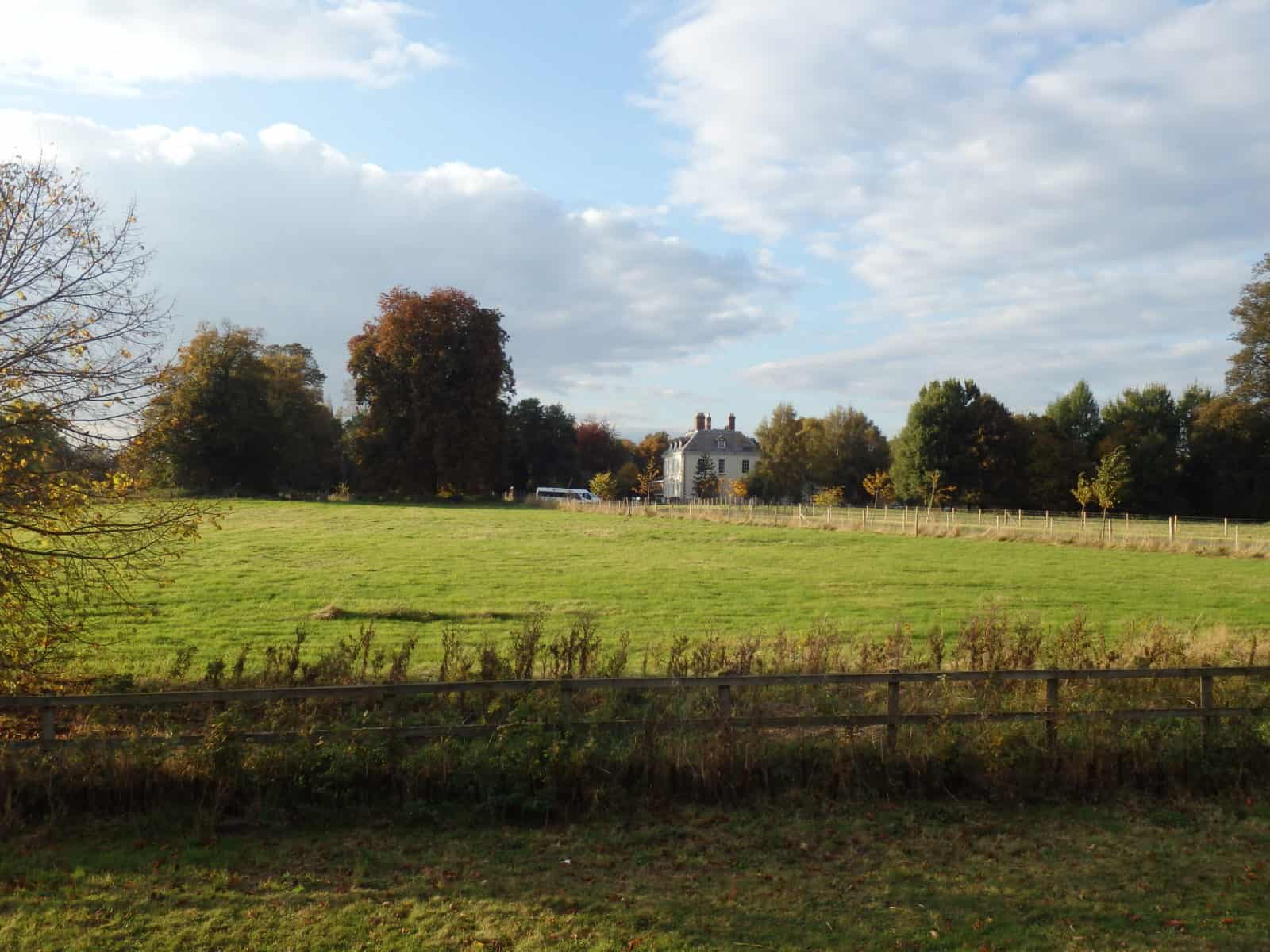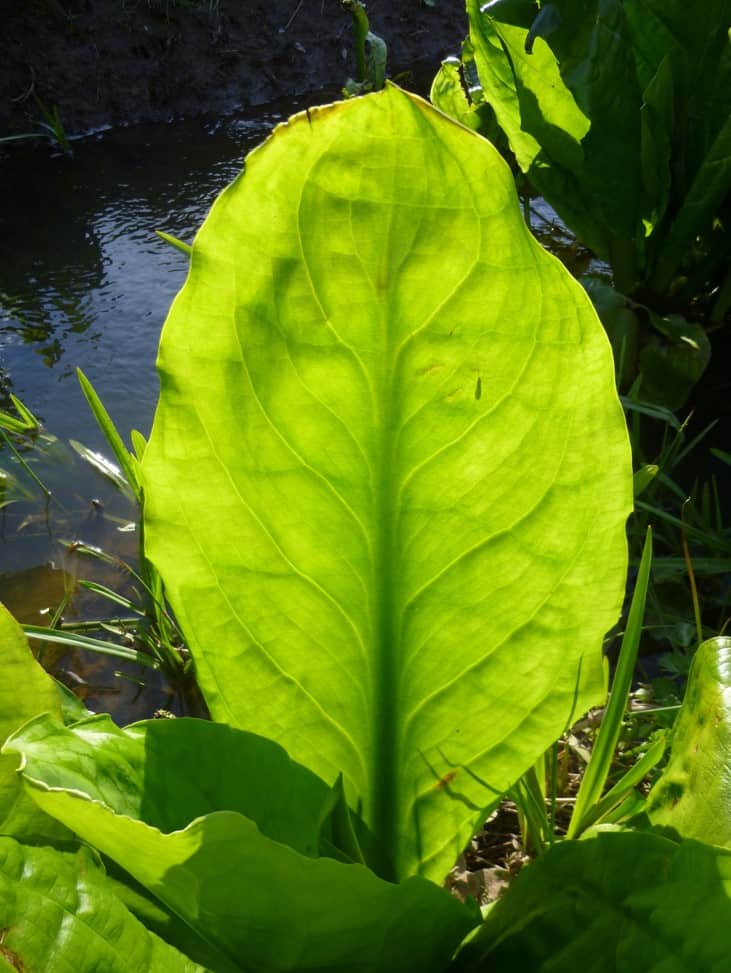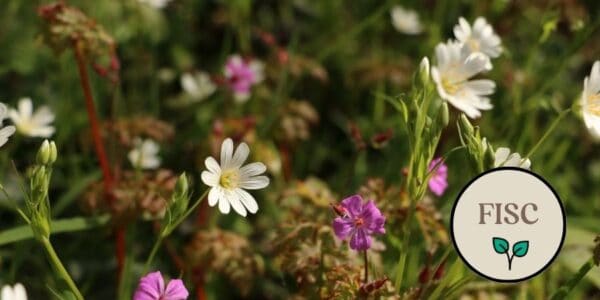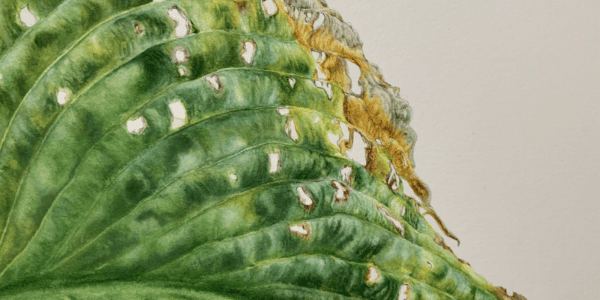This course is now Fully Booked.
You can view our Natural History courses here
This beginner to intermediate botany course will help guide you through what may at times seem like a daunting amount of botanical terminology and become confident using the vegetative key.
In the short time that ‘Vegetative Key’ has been available it has been taken to heart by botanists and ecologists alike as it enables them to make accurate identifications and effectively extends the botanical field season. Not only is the key impressive in its coverage of plants (both native and non-native), but also in the speed in which identifications can be made.
Focusing on practical skills, with the group and individual keying out both in the classroom and field, this beginner to intermediate course is ideal for amateur or professional botanists/ecologists both in the voluntary or ecological sector.
Concentrating on the characters used in the ‘Vegetative Key’ you will discover the weird and wonderful world of botany and find out how easy it can be to make an accurate identification. Using a hand lens or microscope you will come to marvel at the structures and details to be found in even the commonest species. Working through the ‘Flora’ together participants will discover a range of characters that regularly crop up in the key and, these will be further illustrated with specimens and presentations.
Preston Montford is set on a 12-hectare estate, surrounded by a rich range of habitats, including the River Severn and semi-ancient woodland, set in the heart of Shropshire with views disappearing into Wales.
PLEASE NOTE the course fee is for tuition only. There is no accommodation provided with this course. If you would like to book accommodation, lunch and an evening meal at Preston Montford, please email [email protected]
This course is suited for anyone looking to be more confident (and competent) in their ability to use the ‘Vegetative Key’ to identify a variety of different wildflowers.
Who Should Attend?
Nature enthusiasts, Students, Early career ecologists, Citizen scientists, Volunteer surveyors, Land managers
Knowledge Level
Beginner to intermediate. Level descriptors can be found on the following webpage: Framework and Course Level Descriptors
Prior Knowledge
A basic understanding of botanical species and terminology would be beneficial for this course.
What will be covered during this course?
-
- Introduction to the Vegetative Key
- Key botanical terminology
- Introduction to vegetative features
- Identification of a range of species using the Vegetative Key
By the end of the course, you will be able to:
-
- Understand what vegetative features are important in identification
- Observe botanical features used in the ‘Vegetative Key’
- Identify a range of features for some groups
- Use the ‘Vegetative Key’ to identify many of the species you may come across.
- Explain the awareness of the limitations of the ‘Vegetative Key’ for some particular genera/species group
- Share this knowledge with friends, family, and fellow volunteers
The course gives you the opportunity to immerse yourself in a new subject and acquire novel skills. Our fantastic tutor will combine the use of classroom-led learning and outside learning opportunities to give individuals the skills and confidence to progress their learning.
-
- See the ‘Example Timetable’ and ‘What’s Included’ sections below for more information about this course.
- Upon booking you will need to provide individual details of all attendees
- Please email [email protected] if you have any questions.
Group Bookings Made Easy
If you have a group of 10 or more individuals wanting to complete one of our courses, our team are available to discuss your options – from discounts to private team courses.
-
- Discounted rates
- Privately run courses for your group
- Bespoke courses developed specifically for your needs
If we are unable reach viable numbers for this course, we will inform you of the course cancellation 14 days prior to the course run. We would recommend when purchasing accommodation and/or travel you should take out your own insurance.
Tutor: Mark Duffell
Mark Duffell has had a lifetime interest in plants, gaining the RHS Diploma in Horticulture and completing an MSc in Biological Recording. He now runs Arvensis Ecology, splitting his time between conducting botanical surveys and teaching botanical identification and survey techniques to undergraduate and postgraduate students, consultancies and environmental organisations.Book with Confidence
We understand the difficulties of making plans in the current situation when guidelines continue to change, and insurance conditions are being tightened. In response, we will continue to offer additional flexibility. Find out more here
Example Timetable
Example Timetable
This timetable is subject to change but should give a clear outline of what to expect
- Please arrive in time for the course to start promptly at 10:00am
- The course will end at 5:00pm.
| 10:00am | Introductions |
| 10:30am | Presentation and workshop on the naming of vegetative plant parts |
| 11:30pm | Break - refreshments not provided |
| 11:45pm | Presentation and workshop on how to go about identifying plants using ‘Vegetative Key’. |
| 1:30pm | Lunch - not provided |
| 2:30pm | Looking at specimens and keying them out |
| 4:30pm | Plenary and final question |
| 5:00pm | Finish |
Please note accommodation, refreshments and an evening meal are not included
What's Included
The course has been carefully created by expert tutors and educators to help you continue to build and develop your knowledge and apply it within the field surrounded by like-minded individuals.
The course includes:
- Classroom learning covering the theory of the species
- Field excursions to apply new knowledge
- Expert tuition for which the Field Studies Council is renowned
- Clear objectives and progression
You can rest assured that the absolute best content from an expert in environmental education will be provided. In choosing a Field Studies Council course, you will be joining thousands of people who learn with us each year.
Before You Attend
What to Bring
- Notebook and pencil
- Lunch and refreshments
- Sensible footwear and clothing for being outdoors
- The Vegetative Key to the British Flora. 2010. Poland, J. & Clement, E.J. BSBI
- The Vegetative Key to the British Flora. 2020. 2nd edition. Poland, J. & Clement, E.J. BSBI*
- Hand lens* or some sort of magnifying glass
* May be available to borrow from the Centre.
There will be a member of staff with first aid training and access to a first aid kit on site. If you have special medical or access requirements, please let us know as soon as possible so we can plan the course.
Sorry this course has ended




